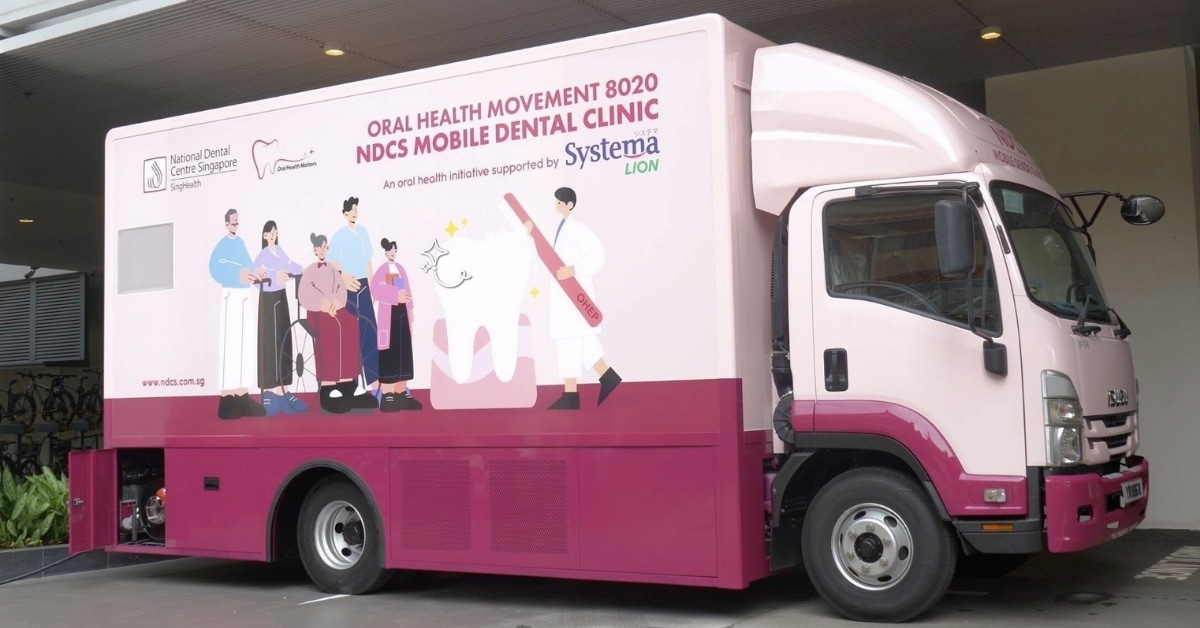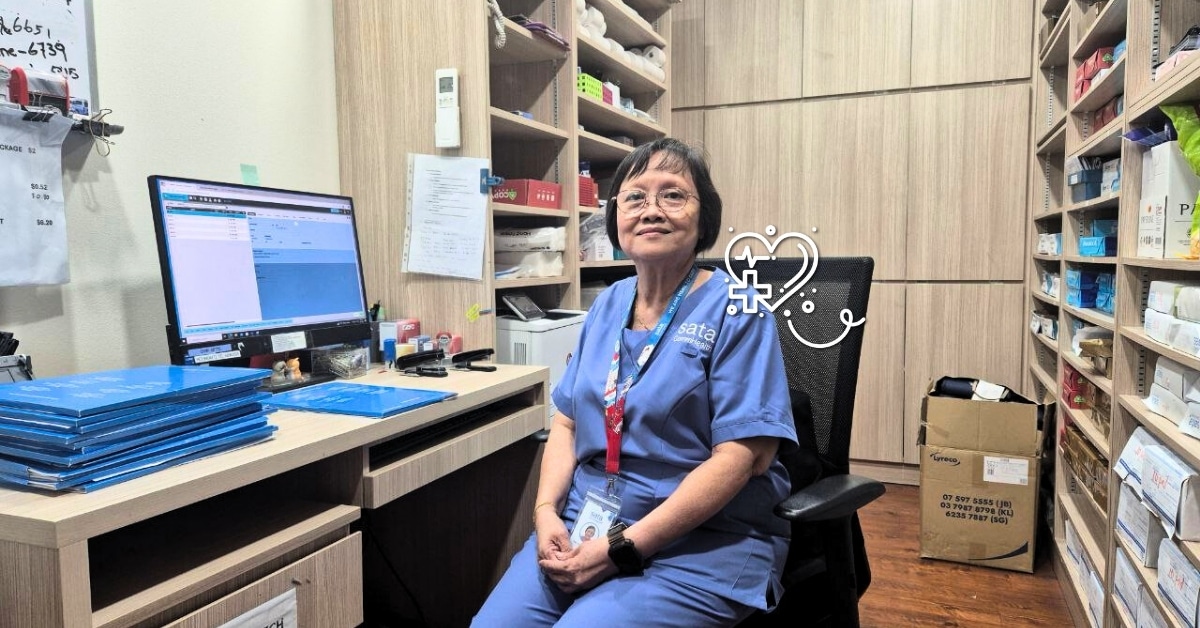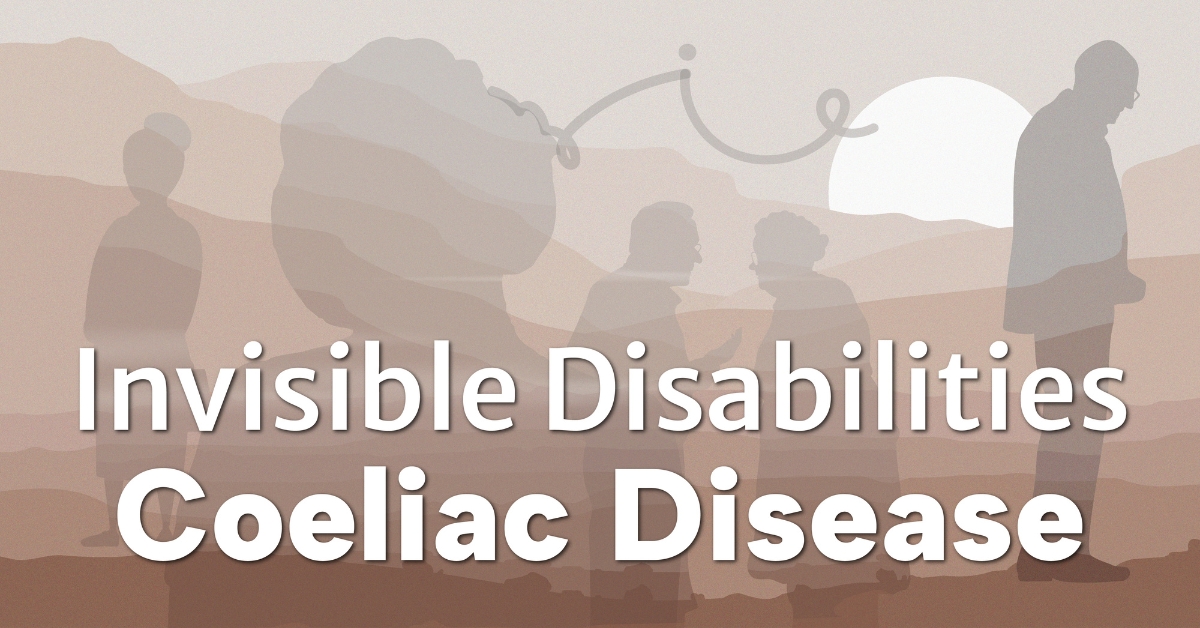
"I got tested, received a positive result and began changing my diet soon after. I started seeing improvements not long after switching to a gluten-free diet."
"There is also higher prevalence in individuals with autoimmune disorders like type 1 diabetes and autoimmune thyroid disease."
What can someone with coeliac disease eat?

Credit: Singapore General Hospital
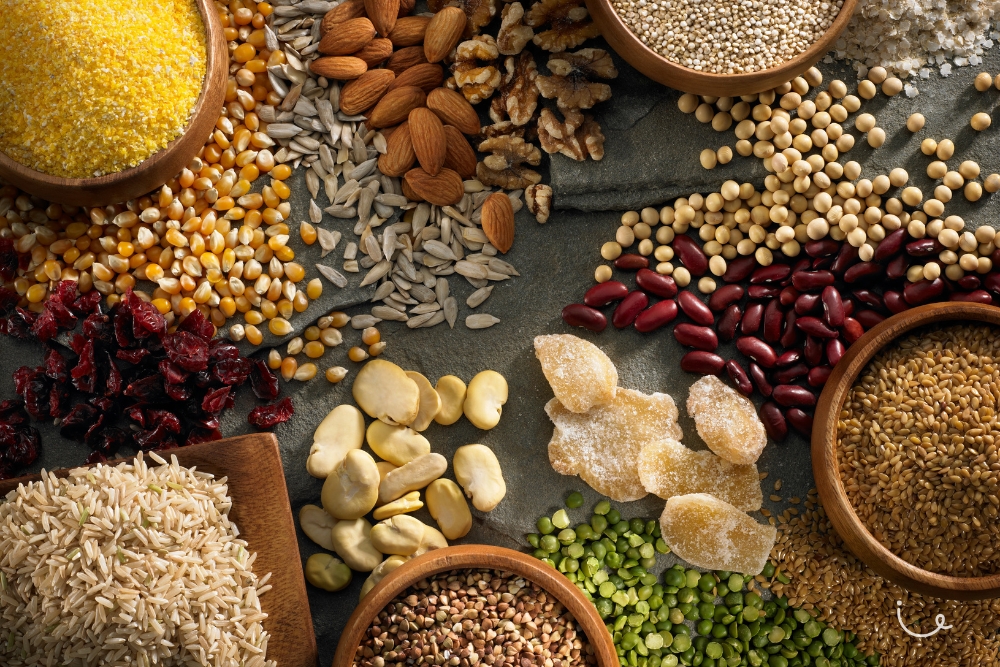
"Cooking with oils, herbs, spices and gluten-free sauces is recommended. Check the food labels as there are hidden sources of wheat, rye and barley."
The reality of living with coeliac disease

Credit: Karen & Peter Horan
These small changes eliminate the risk of cross-contamination and accidental ingredient mix-ups. By doing this, every meal is safe for everyone in the family, and no one feels excluded.
"If he wants to bring gluten-containing food into the house, he follows clear rules to prevent cross-contamination and stores it in clearly labelled containers."
"That often includes calling ahead to ask detailed questions that help me gauge how well they understand coeliac needs. Over time, we’ve found several restaurants that work well for us, but it always takes diligence to avoid mistakes."
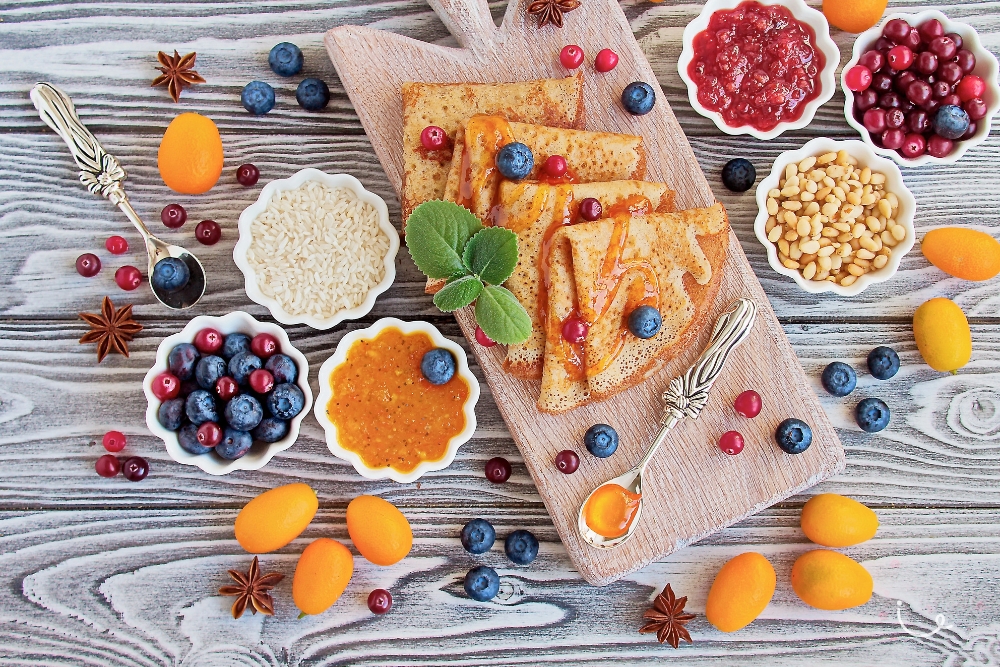
But because the diagnosis rate in Singapore (and much of Southeast Asia) is still low, most people simply don’t have that exposure.
“For someone with coeliac disease, even a crumb of gluten – measured in parts per million – can cause damage. Maintaining strict gluten avoidance is the only treatment.”


